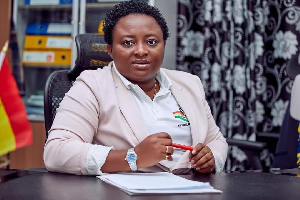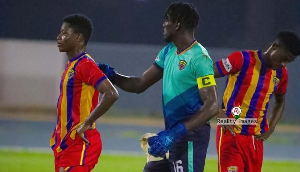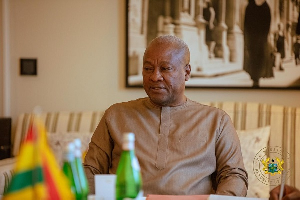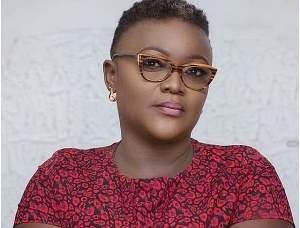It has been an interesting election season to observe here in Accra, especially coming directly from the United States and witnessing President Obama’s reelection effort. My previous articles during this race have compared and contrasted the relative strengths and weaknesses of the 2 parties and their nominees for President and Vice President, with respect to debate performances, messages, and overall campaign style.
One of the main differences that makes analyzing Ghanaian elections so much more difficult than their American counterparts is the lack of trustworthy polling data. As such, my most recent article touched upon the shortcomings of “finger to the wind” qualitative analyses like those published by the Economist Intelligence Unit and Africa Confidential. I have also noted the lack of quantitative polling – there is no Gallup poll or other respected agencies that regularly survey public opinion and present their findings. In terms of polls sponsored by the parties, the NPP has released theirs, showing a win at 52%, whereas the NDC has been strangely quiet. Sources say that the NDC polling showed the NPP in an even stronger position than that, but this cannot be independently confirmed.
But in my last piece before the vote takes place on Friday, I would like to switch gears and discuss the online campaigns and how they have affected this election. The growth in social media has revolutionized campaigns in highly developed countries where literacy is near 100% and internet access is ubiquitous. Yet even in countries like Ghana, which are still developing, the ability of campaigns to utilize social media and online tools to gain, retain, and motivate supporters should not be discounted.
Unfortunately for the NDC, their performance in this regard is pitiful, even by African standards. For example, the late President, John Atta Mills, garnered only 26,000 likes on facebook – about 1 in every 1,000 Ghanaians. Compare this with Senegalese President Macky Sall, in office for less than a year, who has over 30,000 likes – that’s about 1 like in every 400 Senegalese.
Likewise, Mills’ deputy, John Mahama, did not embrace social media any with any more vision than his predecessor. As recently as 2 months ago, Mahama was at the same level as Mills – about 25,000. The online confidence of only 1 in 1,000 Ghanaians is not terribly compelling for a Presidential candidate. Of late, the NDC has tried to play catch up, spending aggressively on placement ads to drive clicks to the official John Mahama page, and has just now gotten the total about 100,000. But it’s too little, too late – the NPP understood the importance of facebook presence all along. Nana Akufo-Addo built up his facebook page steadily, reaching 100,000 likes months ago. Meanwhile, Yet his NPP rival holds a steady lead with about 160,000. Mahama will not surpass him before the election.
These are not isolated cases: look at the running mates. In a performance worthy of his debate debacle in Takoradi, Mahama’s running mate, Kwesi Amissah-Arthur, does not even break 800 likes. Meanwhile, Mahamudu Bawumia, the Vice Presidential candidate of the NPP, has more than 15 times that number. Even Bawumia’s wife has triple the number as the incumbent Vice President! If the NDC loses on Friday, we can be sure that Amissah-Arthur will be the most convenient scapegoat around.
Twitter tells a similar story. Akufo-Addo has about 8,500 followers, while Mahama lags behind with less than 5,000. Mahamudu Bawumia has about 2,500 followers, while Kwesi Amissah-Arthur doesn’t even have a twitter account. (I would add another remark about his utter incompetence, but enough is enough.) Online presence matters. Consider the facebook poll being conducted by the totally unbiased Election Guru page. With over 50,000 votes cast, Nana Akufo-Addo is winning by a landslide with over 60% of the vote.
Nana Akufo-Addo and the NPP have won the online and social media campaign convincingly. In a country like Ghana, where the issues affecting youth dominate the discourse, a result like this speaks volumes. President Obama, especially in his first landslide election over John McCain, successfully used social media to drum up youth turnout. Students and recent graduates voted for him like never before. The Republicans simply couldn’t compete.
The NPP finds itself with a similar advantage in this year’s election in Ghana. The NDC has attempted in vain to portray John Mahama as the “cool” candidate who wears sunglasses and short-sleeve polo shirts, but as the social media results indicate: Ghana’s youth just don’t buy it. Despite all the NDC propaganda about “the first President born in Ghana” and the subtle digs at Akufo-Addo’s age, the numbers don’t lie. Social media behavior tells us clearly that Nana Akufo-Addo is the candidate of the youth, and that could be the deciding factor on Friday.
Opinions of Wednesday, 5 December 2012
Columnist: John Hamilton


















